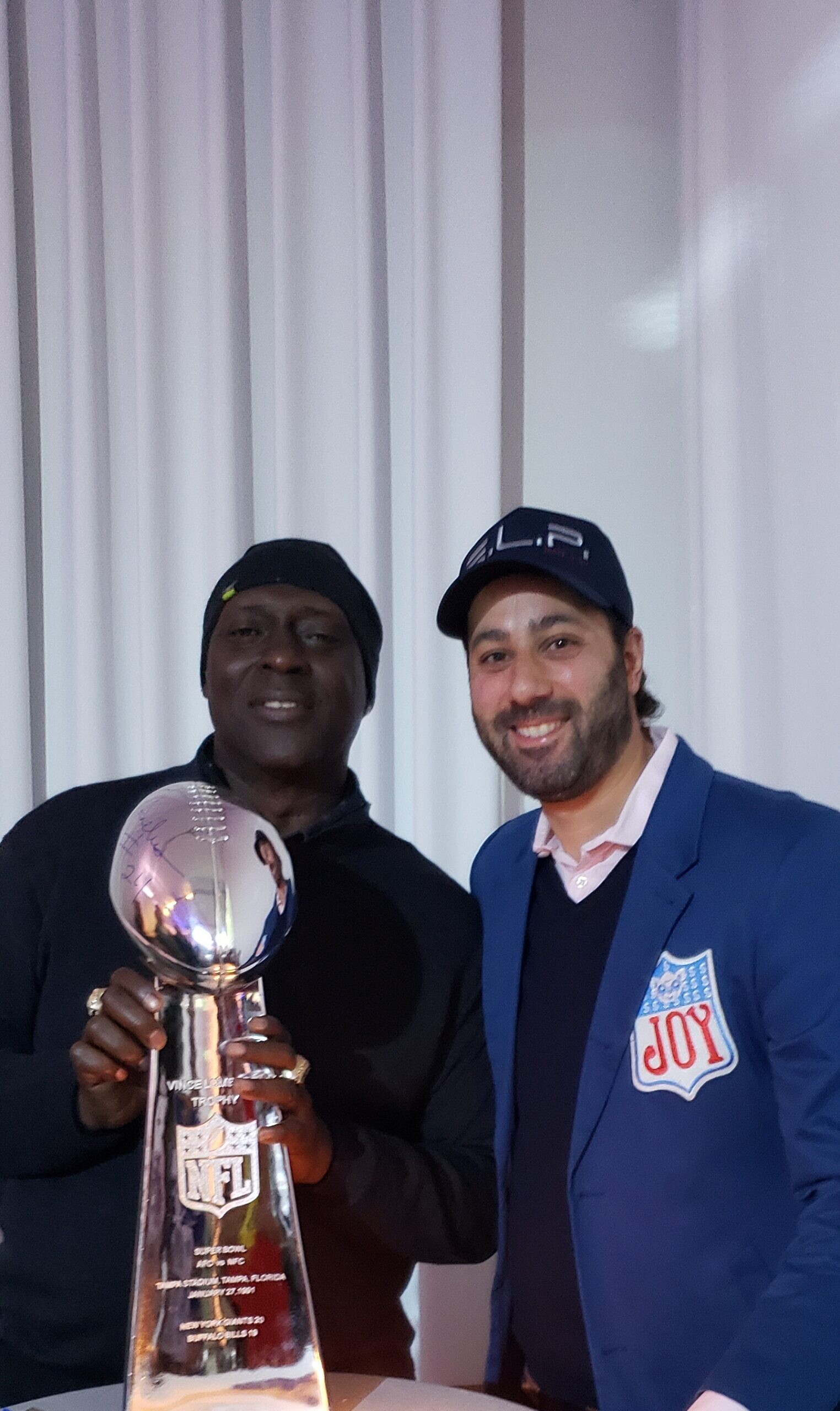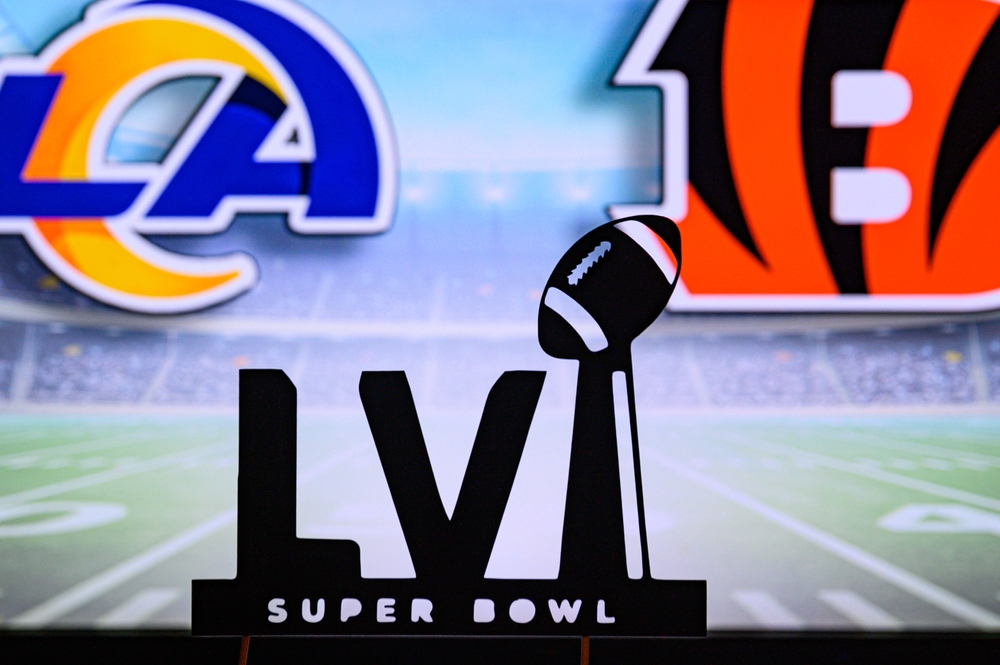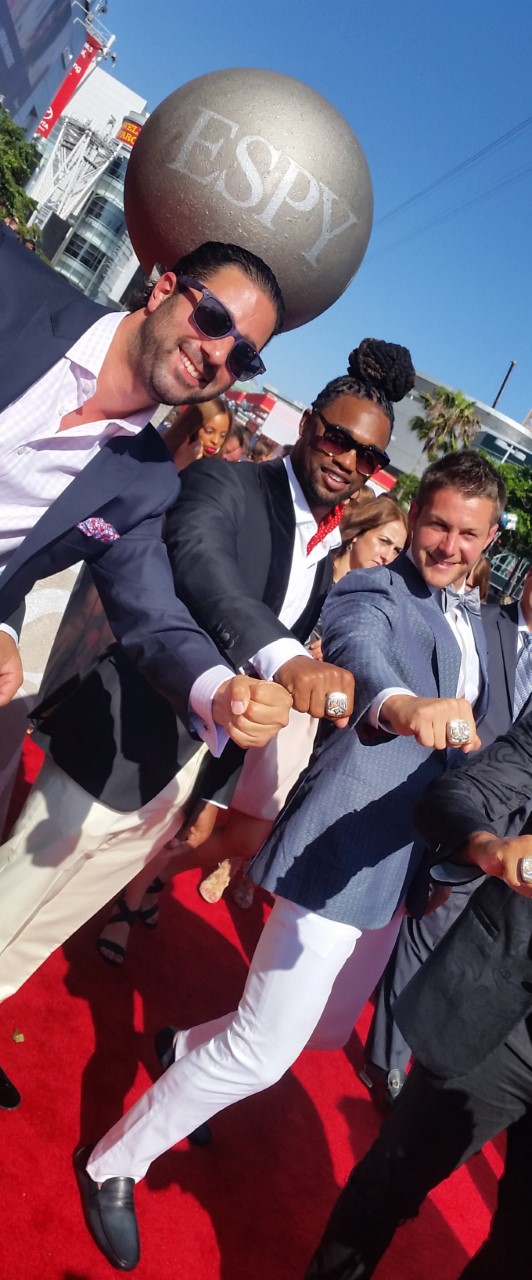The Original Article Published In The Jerusalem Post
Sela entered the qualifiers at the US Open thanks to his protective ranking. He came to New York hoping to advance past the first round of the qualifiers
When Israeli tennis icon Dudi Sela walked onto Court 4 for his first-round qualifying match at the US Open, he had the cool demeanor of someone meeting friends for dinner on Tel Aviv’s Dizengoff Street.
Sela, 37, arrived five minutes before his opponent, 28-year-old Kaicha Uchida (ranked No. 169) of Japan. Jewish and Israeli fans sent regards from various common friends and wished him luck. Sela sat with a white towel over his head to block the sun on this bright New York day.
It was likely his last day ever playing on these hallowed courts.
Who is Dudi Sela?
Sela entered the qualifiers at the US Open thanks to his protective ranking. He came to New York hoping to advance past the first round of the qualifiers, a feat he failed to accomplish at this year’s other three Grand Slam events – the Australian Open, the French Open and Wimbledon.
Sela suggested that retirement from playing was imminent when he announced to a group of Australian Jewish tennis fans: “I think it is going to be my last year. But for sure, I’m going to come back – as a coach or something else. And I just want to say a big thank you.”
Here’s what happened at the match:
Sela’s match opened with chants of “Dudi, Dudi” and “Yallah” (onwards). Uchida broke Sela in the first game. Still, 20 years of experience on the tour helped the Sela keep his younger opponent guessing and the Israeli went up 3-2.
Then, Uchida caught on. He began hitting Sela’s short balls down the line or cross court, often out of reach. Uchida closed out the first set 6-3 in 37 minutes.
Uchida continued to dominate the second set. He served to go up 3-0. At 5-2, when Uchida appeared ready to close out the match Sela broke Uchida without a point. Uchida easily closed out the second set 6-3 in 32 minutes.
The hour-and-nine-minute match may have taken less time than a Tel Aviv dinner with friends. But those in attendance stayed for some additional time with their beloved Sela. Many knew this was likely his last time playing at the US Open. Sela patiently signed autographs and took selfie photos with each fan who asked.
On the way to the locker room, he stopped for additional autographs, photos and conversation.
“Thank you for cheering for me” Sela told two girls posing for a photo.
Sela acknowledged, “It is my last time playing here.”
Brother Nir Sela added: “It is sad for me. I want him to keep playing!”
Sela conceded that physically it is difficult for him to compete at this stage and at this level.
“After a few games I got very tired and had some problems with my hip. I enjoyed it.”
Then, Sela shockingly offered, “But in Australia I can win the last one!”
Sela’s many fans around the world may just get that one last chance to see their hero play in a Grand Slam match after all.






